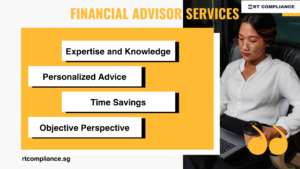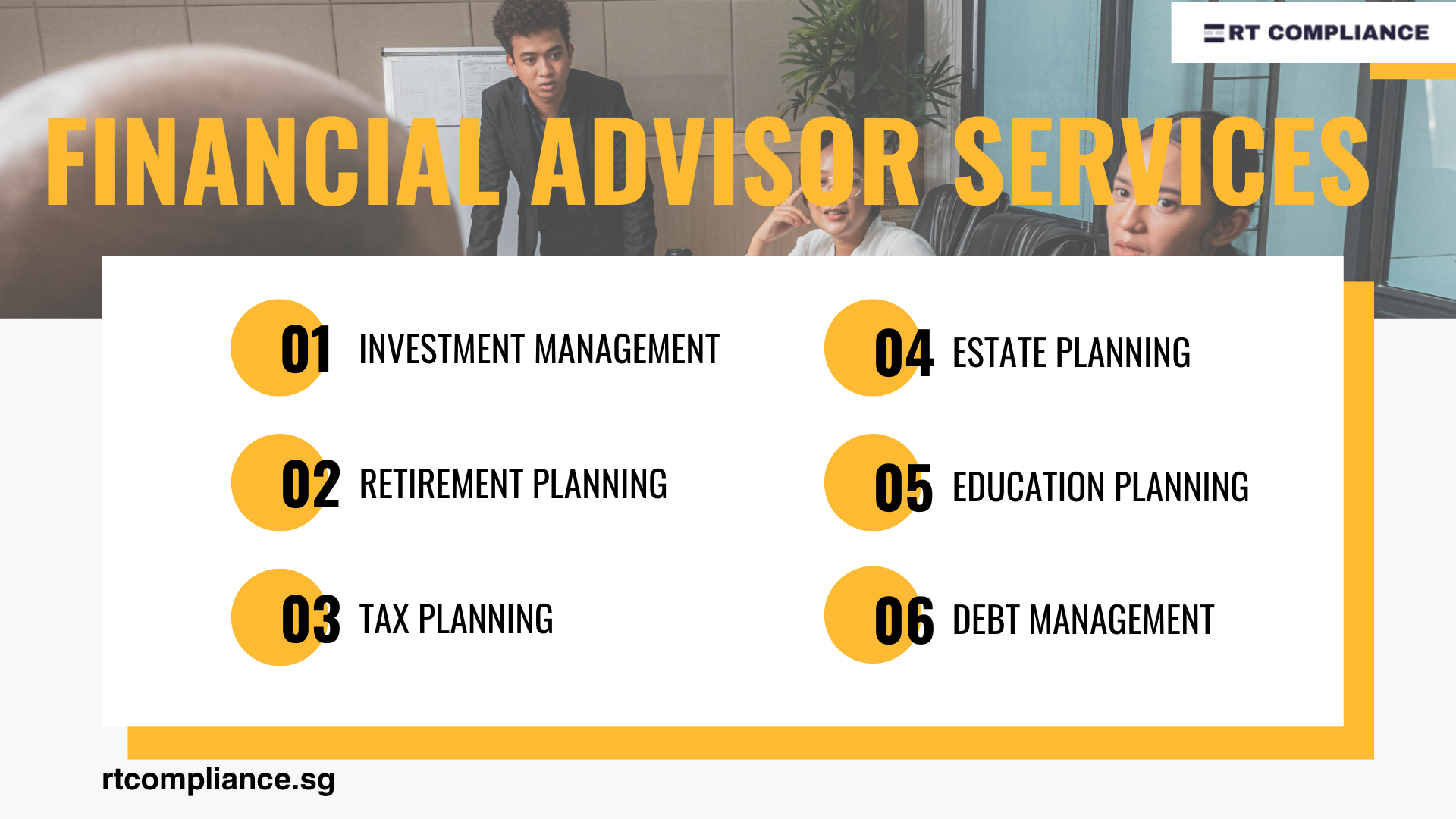Financial Advisor Compliance in Singapore: Planning, Risk Management, and MAS Regulatory Requirements
Financial planning is a term used to describe the way we manage our money. In Singapore, this process also involves meeting MAS compliance for financial advisors, integrating risk management, and conducting investment analysis. For licensed firms, aligning with the Financial Advisers Act (FAA) and Securities and Futures Act (SFA) is critical to ensure lawful operations.
If you are looking for a financial planner, then you need to be careful about who you choose. You can find many companies that provide this service but not all of them are good enough. Some may be qualified but not experienced enough. This could result in poor advice being given to you which could lead to problems later on.
It is important that you choose a company that has been in business for more than 10 years, as this shows that they have been providing excellent service for their clients over the years. You should also check out their credentials before hiring them as this will give you an idea whether they have any experience at all or not.
When looking for a financial advisor, make sure that they have passed the exams given by the CFP Board (Certified Financial Planner) or PFS (Personal Financial Specialist). These exams are meant to test how well these professionals know about all aspects of finance including investments, insurance and retirement plans among others.
Key Compliance Areas for Financial Advisory Firms in Singapore
In order to function successfully within Singapore’s financial sector, financial advisors must comply with regulations set by the Monetary Authority of Singapore (MAS). Such things involve following the Financial Advisers Act (FAA) and Securities and Futures Act (SFA) which both address rules for obtaining a license and for best conduct.
By 2025, firms are mainly concentrating on making sure they comply with AML/CFT rules by introducing strong client screening and verification processes. Customers’ information is especially protected with the help of PDPA compliance when using digital onboarding software.
MAS is urging companies to strengthen their information security and IT governance in response to increased technology use.
Employees in the financial industry are still expected to use the Balanced Scorecard Framework to check their compliance and companies should include appropriate MAS training in their routine trainings.
Rather than setting up a full-scale compliance department, smaller businesses and independent advisors in Singapore can rely on RT Compliance Singapore for support.
Complying with regulations helps licensed advisors earn people’s trust, provide legal services and maintain a good reputation in the industry.
Outsourced Compliance Solutions for Financial Advisors in Singapore
Having all the expertise for compliance can be too difficult and pricey for a lot of medium and small financial advisory firms in Singapore. As a result, many advisors decide to hire RT Compliance Singapore and similar agencies for their compliance needs.
They understand the regulations of the MAS, including the Financial Advisers Act (FAA), Securities and Futures Act (SFA), AML/CFT compliance and PDPA. When a firm outsources, it can concentrate on giving advice, knowing that experts are responsible for the documentation, auditing, reporting and assessment of compliance risks.
Outsourcing is a significant way to make sure you follow the latest changes in MAS. They should prepare for site checks, pass Balanced Scorecard Framework tests and ensure financial advisor reps fulfill their Continuing Professional Development duties.
Outsourcing compliance can be budget-friendly and reassuring for both new start-ups and well-established FA firms. It helps companies prevent penalties for not complying, improves their efficiency and supports their growth without affecting regulations.
With the help of an organization like RT Compliance, financial advisors are able to use custom tools to comply with MAS guidelines and preserve their reputation in Singapore’s financial sector.
Navigating Technology Risk Management and Cyber Hygiene for Financial Advisors
Because the financial services sector is moving online, both Technology Risk Management (TRM) and Cyber Hygiene are now necessary for compliance among financial advisors in Singapore. It is because of this that the Monetary Authority of Singapore (MAS) has given specific instructions for companies to control technology and cyber threats when Tesrong e Handling Important Customer Data.
It is necessary for advisory firms to have protected systems for storing data, encrypting it, controlling who gains access and monitoring all transactions. In addition to preventing data leaks, meeting these measures is necessary to comply with PDPA and what MAS requires.
It is recommended that firms audit IT internally on a regular basis, practice different types of cyber attacks and have an incident response plan in place. Not obeying the regulations could lead to a damaged company reputation or the suspension of its operations by the MAS.
Here are some of the main rules for financial advisors: perform timely updates, use secure passwords and defend from malware. Staff should be trained by their advisors in complying with technology best practices to decrease the chances of phishing and fraud attacks.
Therefore, a number of businesses contract with RegTech developers or external compliance consultants to help with implementing IT safety practices as set by MAS. Adhering to the TRM Guidelines thanks to the experts helps the firm avoid risks and earn clients’ trust.
Because cyber threats are increasing, following up-to-date technology risk compliance is necessary and should be treated as a top priority by all financial advisory firms in Singapore.






